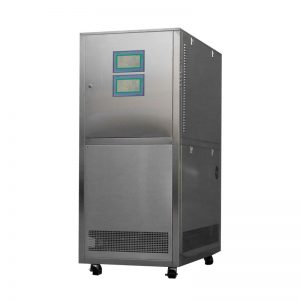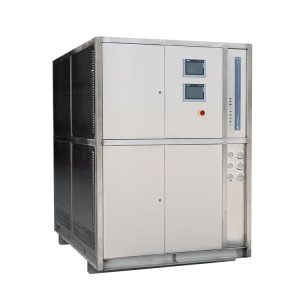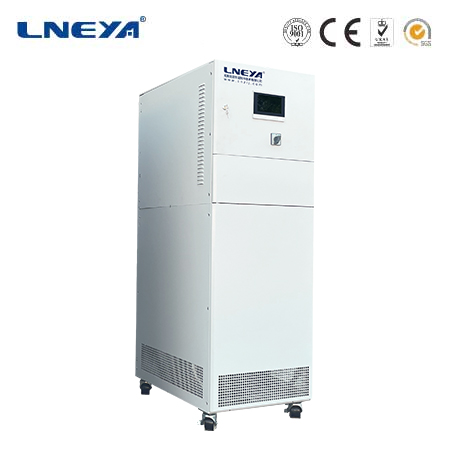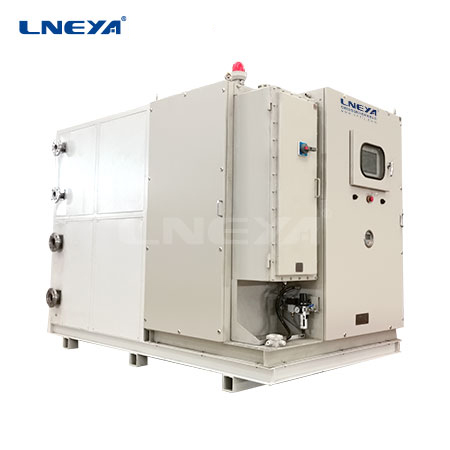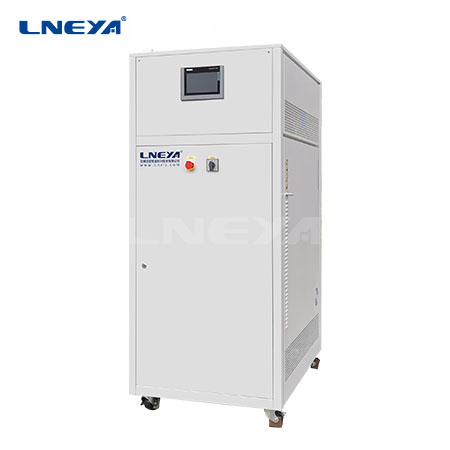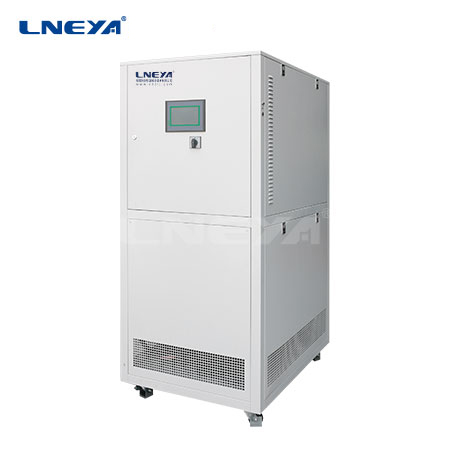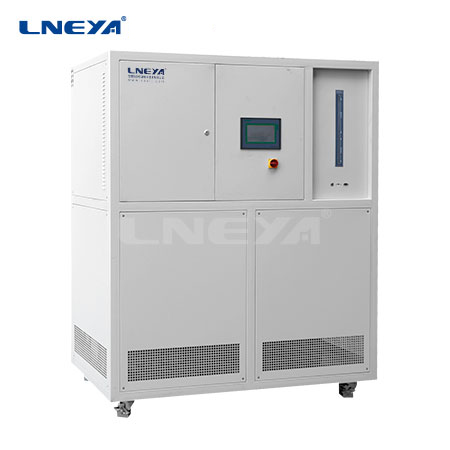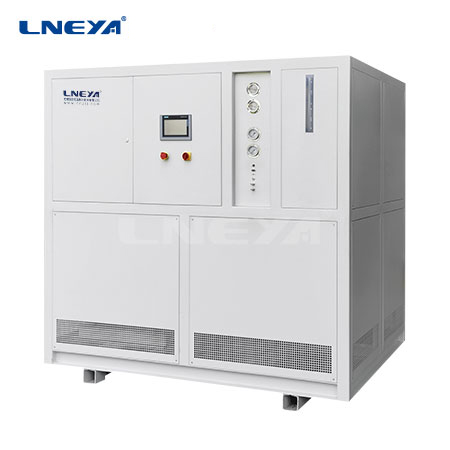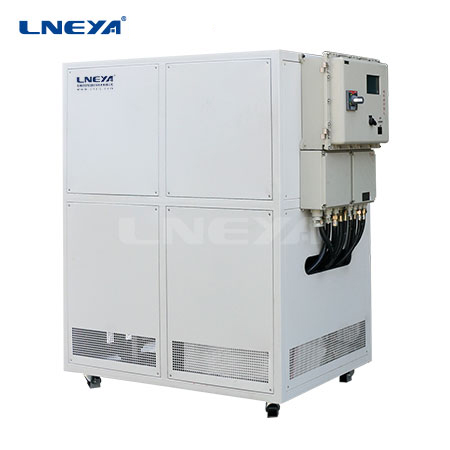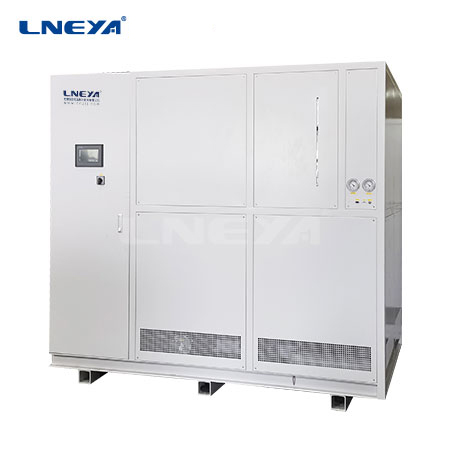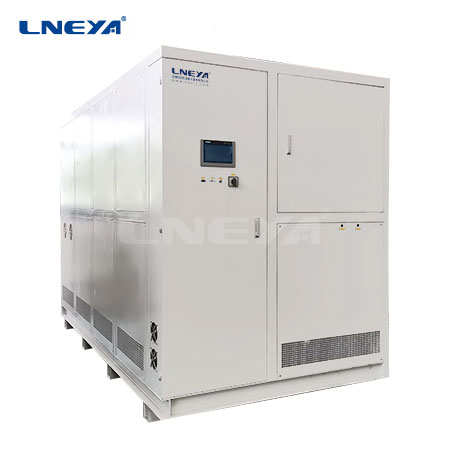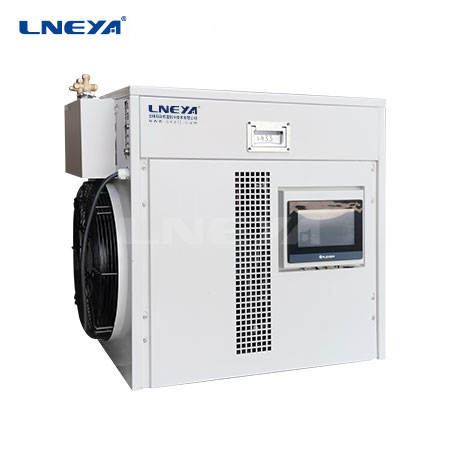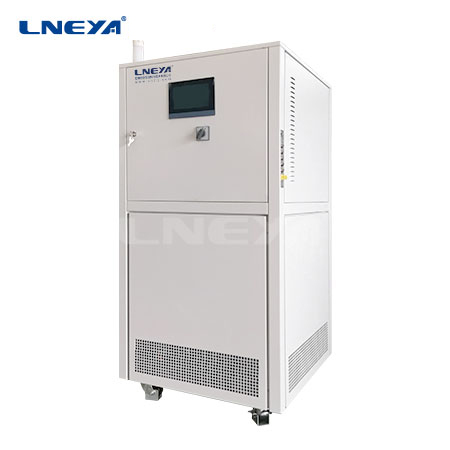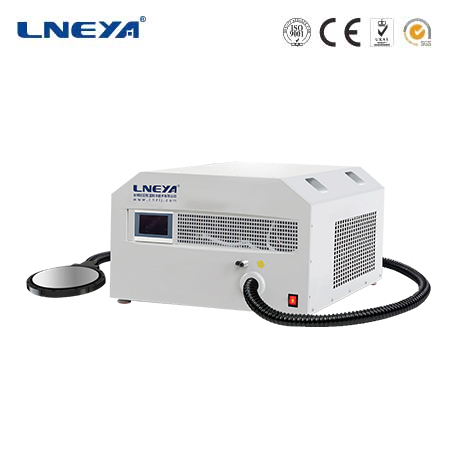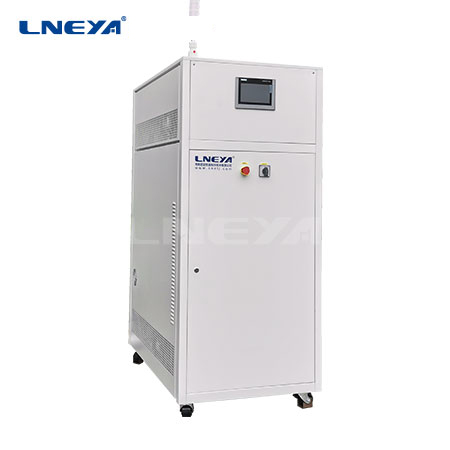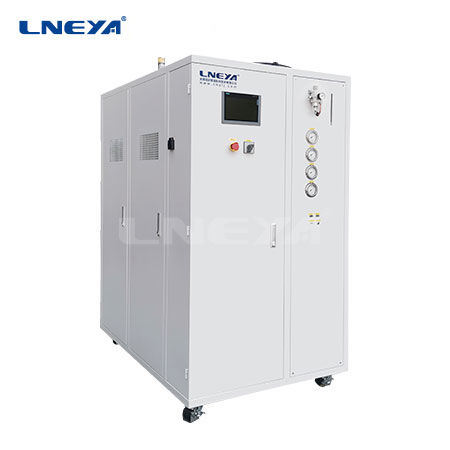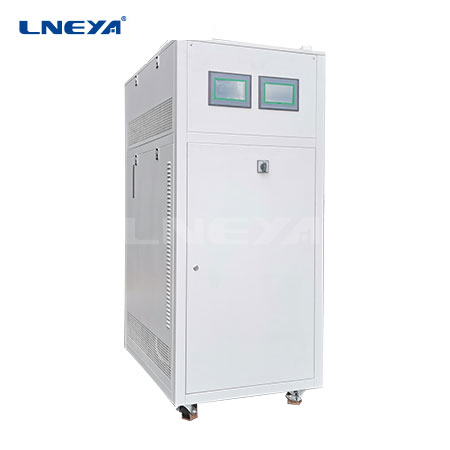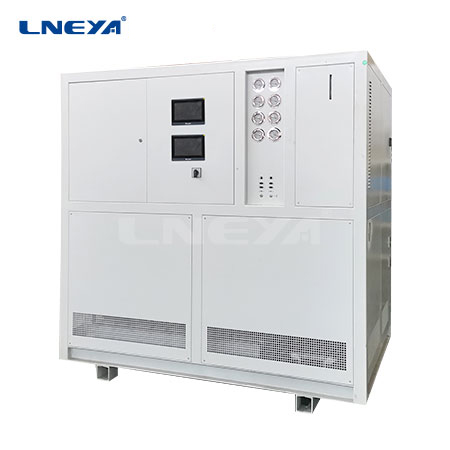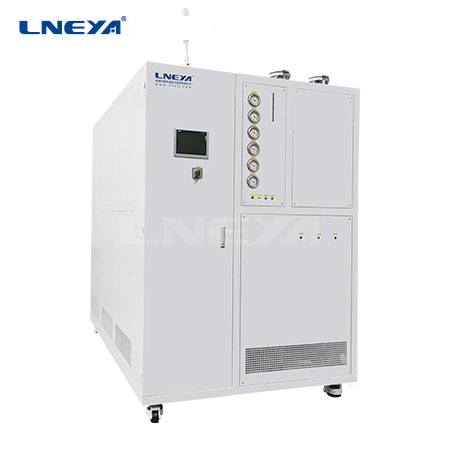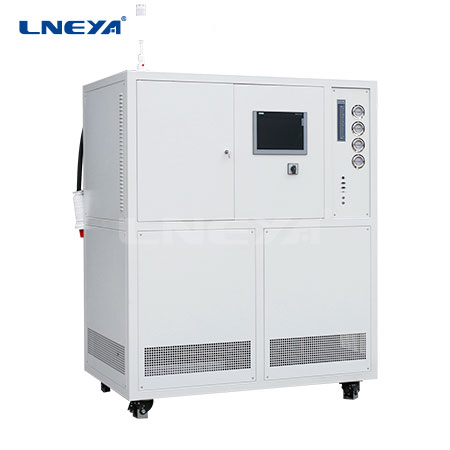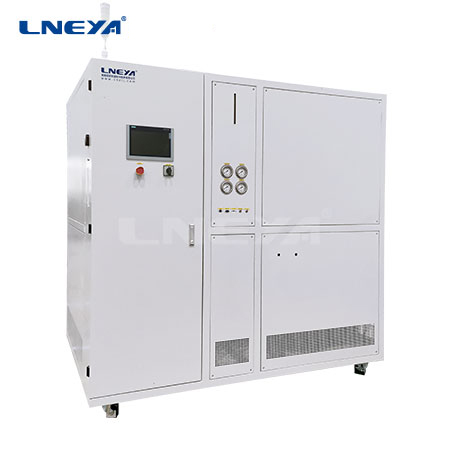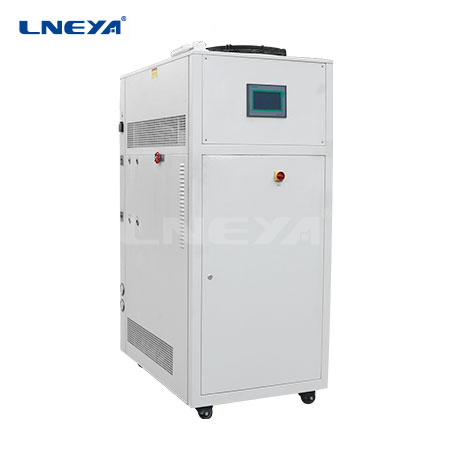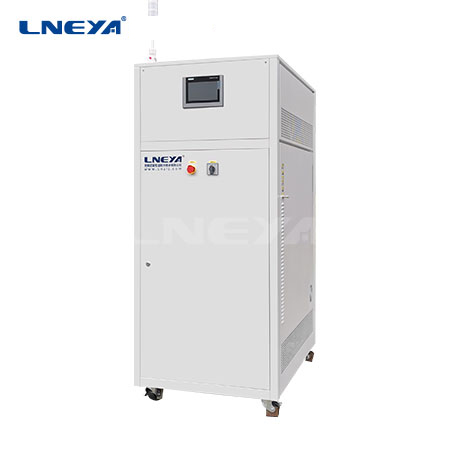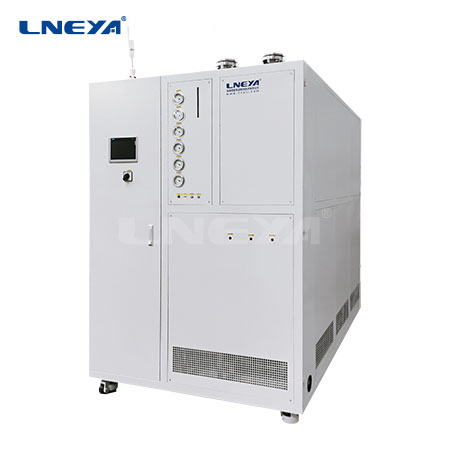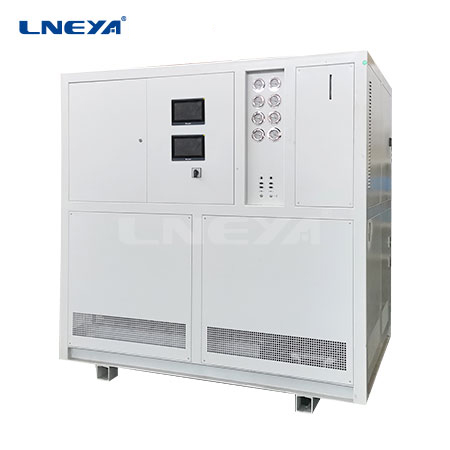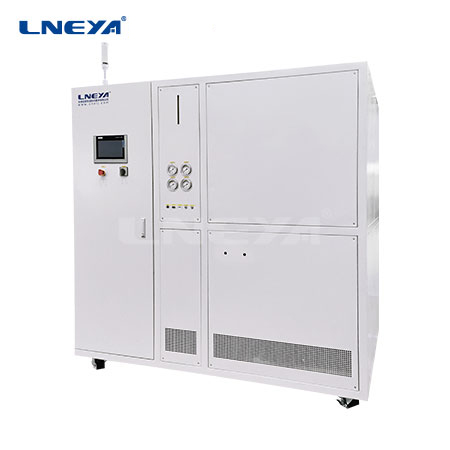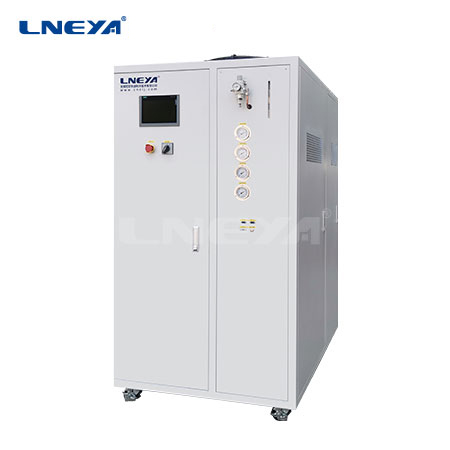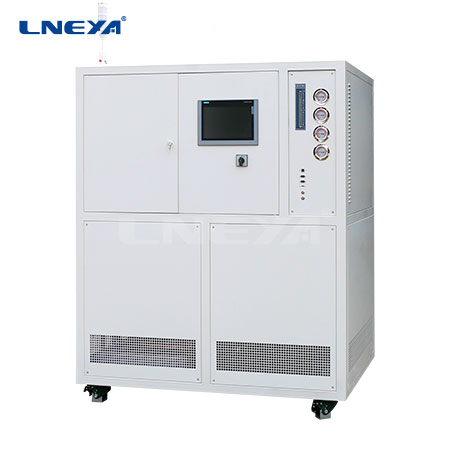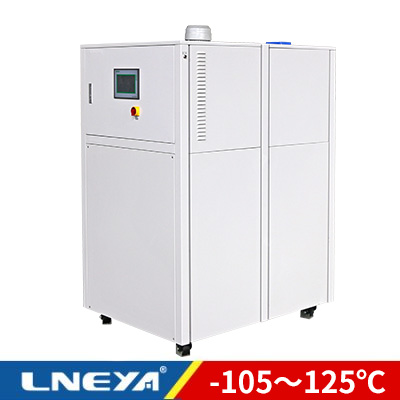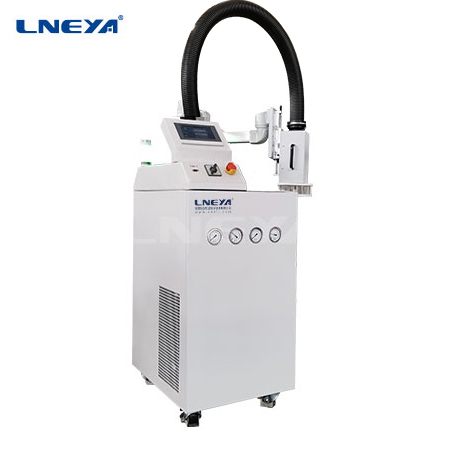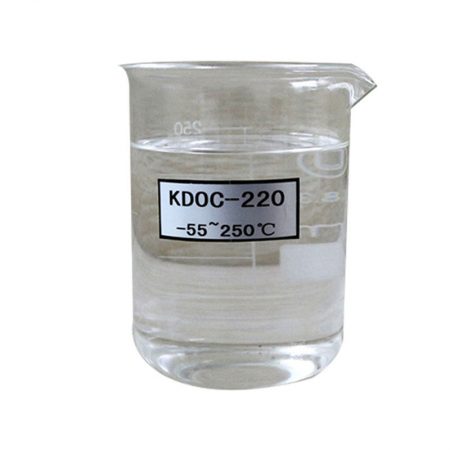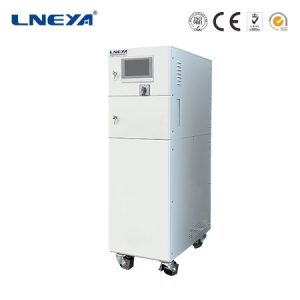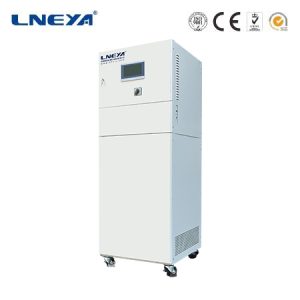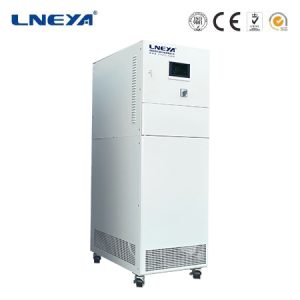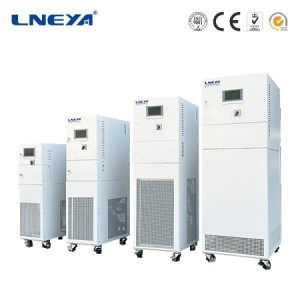ESP(Electronic Stability Program) Motor Test Bench Cooling Chiller System
Contact us today for the perfect temperature control solution
With the continuous development of technology, ESP (Electronic Stability Program) motor test bench is increasingly used in various fields, especially in the fields of industrial manufacturing and transportation. The efficiency of the motor is directly related to the efficiency of energy utilization, and the testing of the ESP motor test bench cooling system has become one of the keys to improving the efficiency of the motor.
Basic principles of ESP motor test bench
The ESP motor test bench cooling system test evaluates the cooling performance of the motor to ensure that the motor can maintain a stable temperature during long-term operation. The motor generates a lot of heat during operation. If the temperature is too high, it will cause the insulation material inside the motor to age, increase resistance, decrease efficiency, and even cause failure. Therefore, reasonable cooling system design and corresponding testing are particularly important.
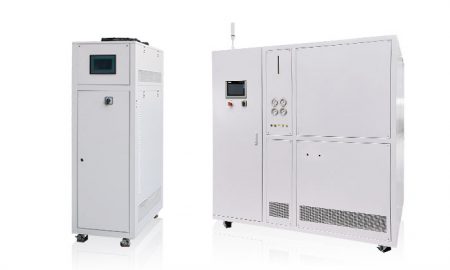
Key parameters for ESP motor test bench cooling system testing
Traffic test
The flow rate of the ESP motor test bench cooling system is a key parameter that directly affects the system’s heat dissipation capability. Through reasonable flow testing, it can be determined whether the water supply speed of the cooling system meets the requirements for motor heat dissipation.
Temperature test
Another key parameter in ESP motor test bench cooling system testing is temperature. By measuring the temperature changes of various parts of the motor, the working effect of the motor cooling system can be understood. If the temperature is too high, there is a problem with the cooling system and corresponding optimization design is required.
Pressure test
The pressure stability of the ESP motor test bench cooling system also plays an important role in the efficient operation of the motor. Through the pressure test, the sealing and stability of the cooling system can be judged to prevent the system pressure from being too high or too low, which will affect the normal operation of the motor.

The importance of cooling system testing on ESP motor test bench
Improve motor efficiency
ESP motor test bench cooling system testing can help find and solve problems in the cooling system, thereby improving the heat dissipation effect of the motor. If the cooling system cannot cool down effectively and the motor operating temperature is too high, the motor efficiency will be significantly affected. Through reasonable cooling system testing, the design can be optimized to improve the heat dissipation effect of the motor, thereby improving the efficiency of the motor.
Extend motor life
During long-term operation of the ESP motor test bench, temperature changes will have an important impact on its lifespan. Reasonable cooling system testing can help find deficiencies in the cooling system, thereby keeping the motor running within a suitable temperature range and extending the service life of the motor.
Improve product reliability
Industrial manufacturing and transportation fields have high requirements for motor reliability, and reasonable cooling system testing can improve product reliability. Through comprehensive testing of the cooling system, potential problems can be discovered in time, thereby avoiding failures during motor operation and improving product reliability.
ESP motor test bench cooling system testing plays a vital role in improving motor efficiency, extending motor service life, and improving product reliability. Through reasonable test plans, accurate test data and scientific analysis methods, we can provide strong support for the design and optimization of motor cooling systems and contribute to the continuous development of motor technology.
Email: info@lneya.com WeChat ID: +8615251628237 WhatsApp: +86 17851209193
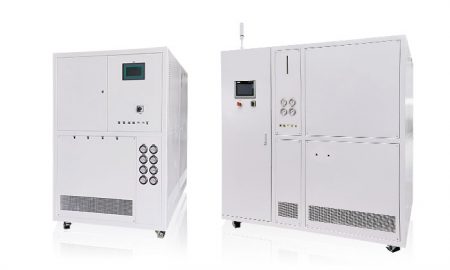
Heat/Cool Temperature & Flow Control Systems
Temperature simulation for vehicle quality test: battery life test, fuel injector/motor test bench, airbag test, component test bench, etc.
| Temperature range | -25°C ~ +100°C | -40°C ~ +100°C | 0°C ~ +100°C | -40°C ~ +135°C | |||||
| Cooling Capacity | 2.8 ~ 38kW | 1.2 ~ 60kW | 1.8 ~ 60kW | 4 ~ 60kW | |||||
| Note: Any temperature range from -150℃ ~ +350℃ and any cooling capacity can be customized | |||||||||
Temperature / Pressure / Flow can be independently controlled
1&2: one machine for two groups control
| Temperature range | -40 ~ +100℃ 1&2 | 0 ~ +100℃ 1&2 | |||||||
| Cooling Capacity | 1.8kW*2 ~ 60kW*2 | 1.8kW*2 ~ 60kW*2 | |||||||
| Note: Any temperature range from -150℃ ~ +350℃ and any cooling capacity can be customized | |||||||||
Temperature remains constant, pressure / flow can be independently controlled
1&3: one machine for three groups control
1&6: one machine for six groups control
| Temperature range | -40 ~ +100℃ 1&2 | -40 ~ +100℃ 1&3 | -40 ~ +100℃ 1&6 | -20 ~ +100℃ 1&6 | 0 ~ +100℃ 1&2 | 0 ~ +100℃ 1&3 | 0 ~ +100℃ 1&6 | ||
| Cooling Capacity | 2.5 ~ 60kW | 4 ~ 60kW | 10 ~ 60kW | 10 ~ 60kW | 7 ~ 60kW | 11 ~ 60kW | 18 ~ 60kW | ||
| Note: Any temperature range from -150℃ ~ +350℃ and any cooling capacity can be customized | |||||||||

Oil Chillers
Temperature simulation for vehicle quality test: battery life test, fuel injector/motor test bench, airbag test, component test bench, etc.
| Temperature range | 0℃ ~ +160℃ | +5℃ ~ +135℃ | |||||||
| Cooling Capacity | 11 ~ 60kW | 15 ~ 38kW | |||||||
| Note: Any temperature range from -150℃ ~ +350℃ and any cooling capacity can be customized | |||||||||
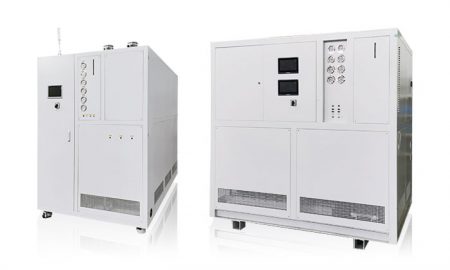
Cooling & Heating Systems For Electronic Pump
| Temperature range | -40°C ~ +135°C | ||||||||
| Cooling Capacity | up to 60kW | ||||||||
| Note: Any temperature range from -150℃ ~ +350℃ and any cooling capacity can be customized | |||||||||
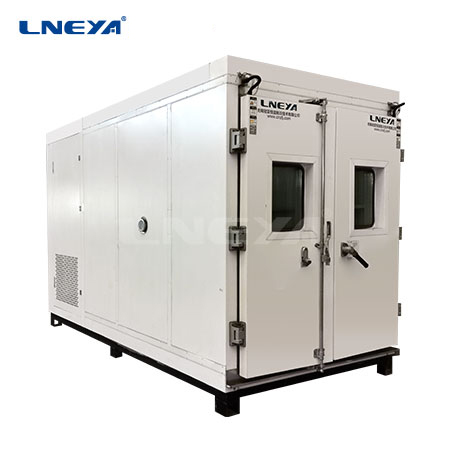
High Low Temperatuer Battery Test Chamber
| Temperature range | -40℃ ~ +100℃ | -40℃ ~ +100℃ | |||||||
| Cooling Capacity | 1.8 ~ 7.5kW | 4 ~ 15kW | |||||||
| Note: Any temperature range from -150℃ ~ +350℃ and any cooling capacity can be customized | |||||||||
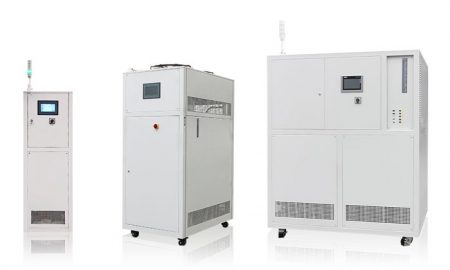
Automotive Direct Cooling Or Heating Systems
| Types | Direct Cooling | Direct Cooling & Heating | |||||||
| Cooling Capacity | 5 ~ 10kW | 5 ~ 10kW | |||||||
| Note: Any temperature range from -150℃ ~ +350℃ and any cooling capacity can be customized | |||||||||
 LNEYA
LNEYA
 简体中文
简体中文










